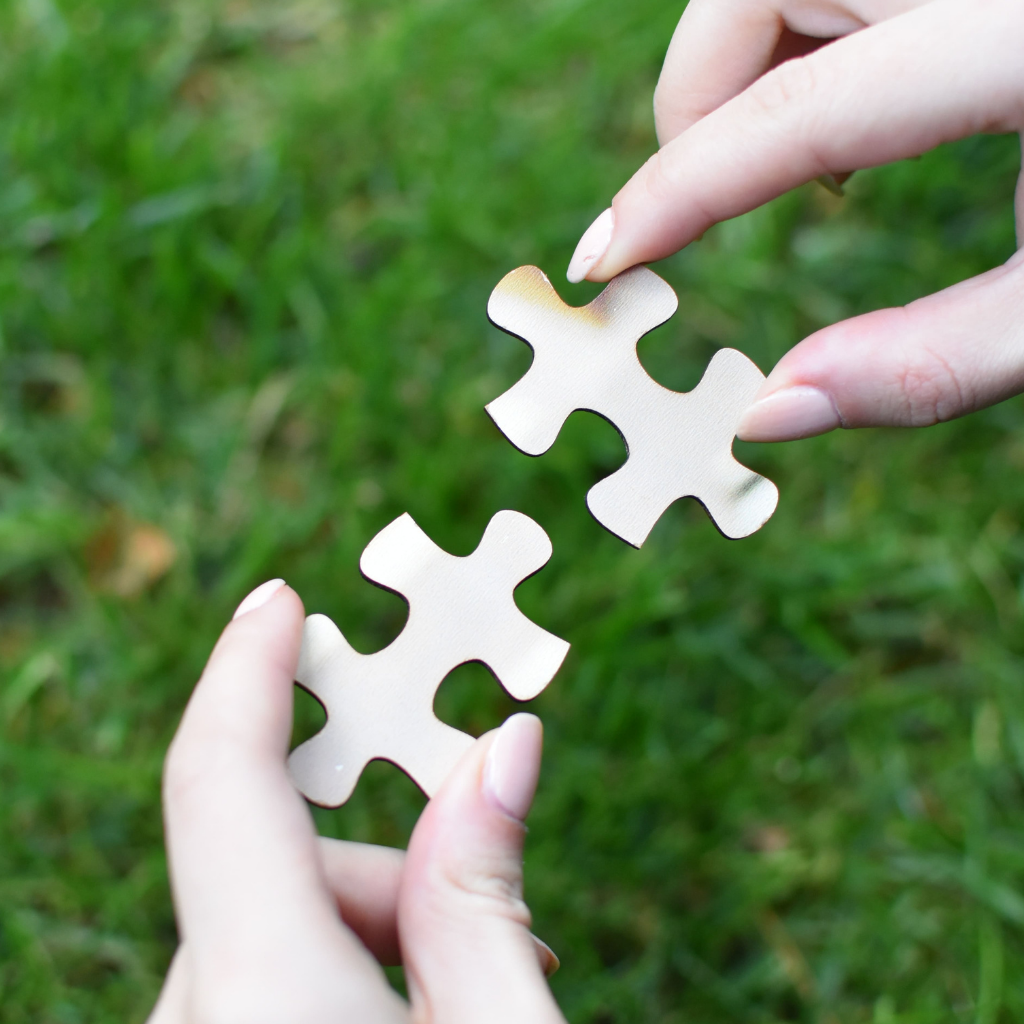 To address conflicts in a constructive manner, facilitate difficult conversations through process design and intended outcome planning, to both prevent and to resolve conflict.
To address conflicts in a constructive manner, facilitate difficult conversations through process design and intended outcome planning, to both prevent and to resolve conflict.
The value of peacebuilding
International and local organizations in the peacebuilding realm are committed to reaching the same goal – a violent-free Middle East. What sets Peace Labs apart from other organizations, is the strategic and systemic approach to peacebuilding, overseeing programs, and investing in long cycles for sustained efforts. All findings and lessons learnt along the way, are shared with the community in a transparent manner, for society to grow.
Dialogue & Peace Mediation
Peace Support Programs
Peace Research & Reflective Practices
 To address conflicts in a constructive manner, facilitate difficult conversations through process design and intended outcome planning, to both prevent and to resolve conflict.
To address conflicts in a constructive manner, facilitate difficult conversations through process design and intended outcome planning, to both prevent and to resolve conflict. To design and implement localized community projects, to promote knowledge, skills and attitudes to support communities in either preventing conflict, resolving conflict peacefully, or creating conditions for peace.
To design and implement localized community projects, to promote knowledge, skills and attitudes to support communities in either preventing conflict, resolving conflict peacefully, or creating conditions for peace. Whereby all findings from the field, through partners or on-ground research are assessed and channeled back into the design process, leading to continuous enhancement and critical reflection on processes and projects.
Whereby all findings from the field, through partners or on-ground research are assessed and channeled back into the design process, leading to continuous enhancement and critical reflection on processes and projects.
A systemic approach to conflict
Conflict often results in grievances in society, whether expressed violently or not. The feedback received from partners and societies we have engaged with thus far has strengthened this notion. However, every conflict is unique to the community which it impacts across the Middle East. Accordingly, Peace Labs tailors its programs, by integrating the needs of local communities, through active listening and scientific methodologies.

Collaborations & Synergies
The approach adopted by Peace Labs is collaborative, where close synergies with other organizations allow for a co-read and co-learn model to grow. With every project carried out, interactive learning styles are utilized to increase retention rates. The customized workshops and facilitated dialogues enable communities to engage in peacebuilding efforts and take ownership of them, through the tools provided. The programs are designed to be engaging and enjoyable to take part in, for maximal benefit and retention.
Continuous reflection
The role of Peace Labs goes beyond completed programs. A core part of the organization’s internal peacebuilding process is to reflect and constructively assess efforts, in order to grow and create tools and opportunities for others to benefit collectively.

Facilitating dialogues
Localized programs
Strong partnerships
Mediation support
Our Policies
Peace Labs adopts rigorous internal policies and procedures, to ensure that every peacebuilding endeavor is impartial and benefits local communities. The policies include:
- Transparency: Peace Labs regularly publishes information about the organization and its activities in line with international standards.
- Protection: Abiding by international standards, Peace Labs is committed to protecting vulnerable groups, and exercises the responsibility to ensure that the interests of marginalized communities, comprised of both youth and adults, are safeguarded.
- Reporting: As part of a continuous growth and improvement model, feedback and reporting mechanisms are put in place, and reviewed by externally appointed parties.
- Reflectiveness: Led by the Head of Reflective Practice, Peace Labs continually collects data, audits internal processes, assesses methodologies and approaches, with findings channeled back into the system, to communally improve peacebuilding efforts.
- If you wish to make a complaint, please email info@peace-labs.org.
- To report a safeguarding incident, email info@peace-labs.org.
- If you are an employee, consultant or volunteer of Conciliation Resources and you wish to make a public interest disclosure, you should email the Chief Operating Officer using the contact form.

